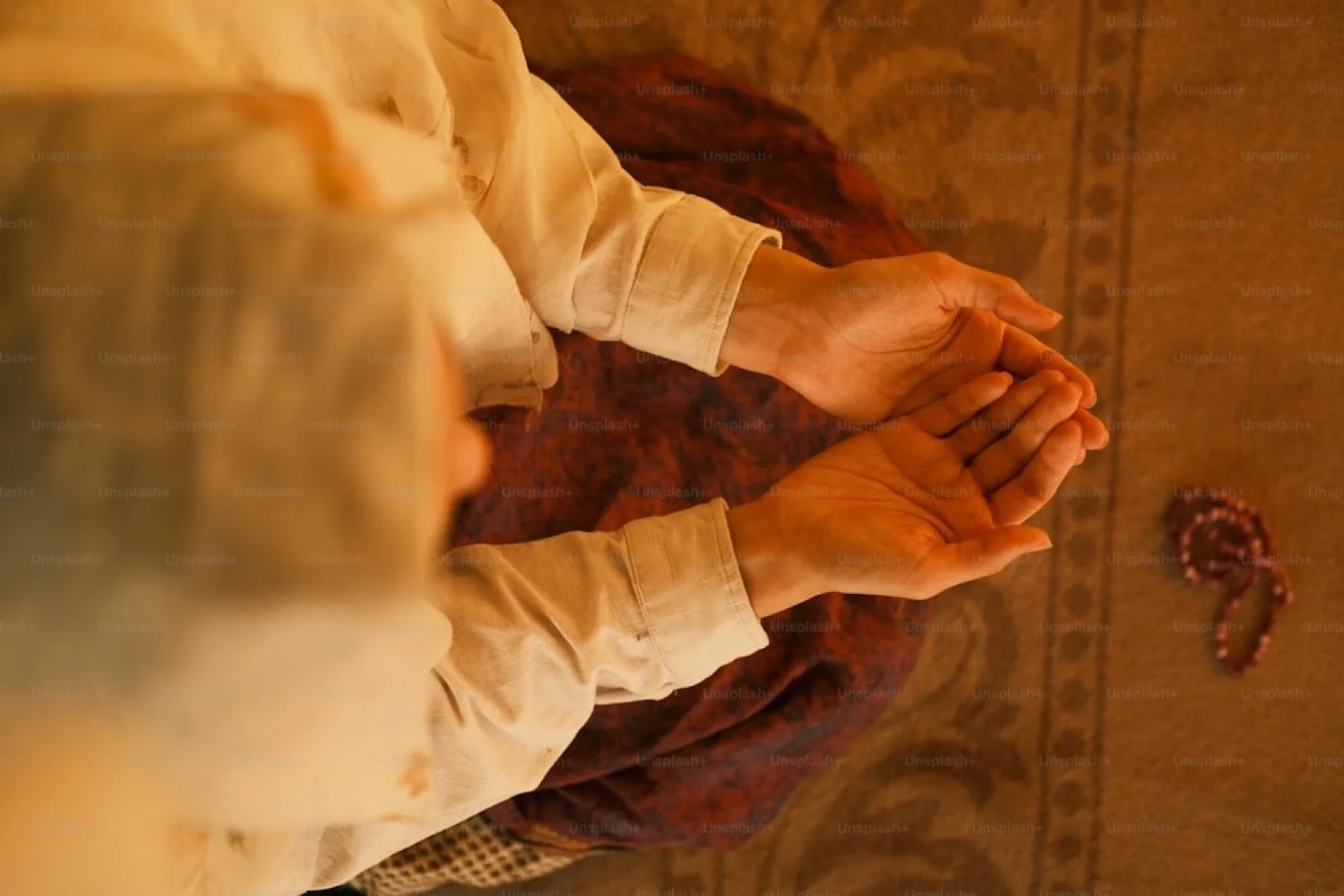Readings for today: Judges 19-21, Psalms 76
Every year when I get to this point in Judges, I feel my heart drop. It’s some of the most difficult material in all of Scripture. We see Israel at one of her lowest points. She has forgotten Yahweh. She has become like all the pagan tribes around her. She is more focused on her own gratification than she is on serving and honoring the Lord. Her world is full of idols and sexual perversion and violence. Yes, she still goes through the motions. She still makes her sacrifices. She still prays and fasts and appears before the Lord at the appointed times. But it’s all empty at this point. Everyone is doing what seems right to them. They are all following their own ways. They are plumbing the depths of sin. They are pushing the boundaries of evil. Unspeakable atrocities are taking place in Israel such as the gang rape of a woman whose body is then dismembered resulting in a genocidal war that basically annihilates an entire tribe. It’s madness.
Horror is a good word to describe what we read today from the book of Judges. There simply is nothing redemptive in the story. Nothing good. Nothing godly. Man’s inhumanity to man is on full display. It’s dark. It’s evil. It’s terrifying. Horror is also a good word to describe what’s going on in our world today. One only has to scroll through social media to see the hate that leads to violence that leads to death and then return the next day to watch the cycle repeat itself. If we’re totally honest, horror is a good word to describe what goes on in all of our hearts. All of us are perpetrators. All of us are victims. We are the Levite. We are the concubine. We’ve sacrificed others and we’ve been sacrificed by others for the sake of self-protection and self-gratification.
Perhaps it’s providential that we come across this passage every year around Holy Week. A sacred time when we take time to reflect on the cross and the horror of the death of God. We reflect on the price Jesus paid and the blood He shed and the penalty He bore. We reflect on the suffering He endured. The pain He experienced. The heartbreak of betrayal. We reflect on the depth of our sin. The depravity of our nature. The darkness of our hearts. We reflect on the cost of our salvation and what it took to redeem us from sin and death. But we also reflect on our salvation. God plunging Himself into the horror of our condition. God plumbing the depth of our darkness. God immersing Himself in the breadth of our madness and embracing us as His own.
Readings for tomorrow: Ruth 1-4, Psalms 77 (No devotionals on Sunday)




